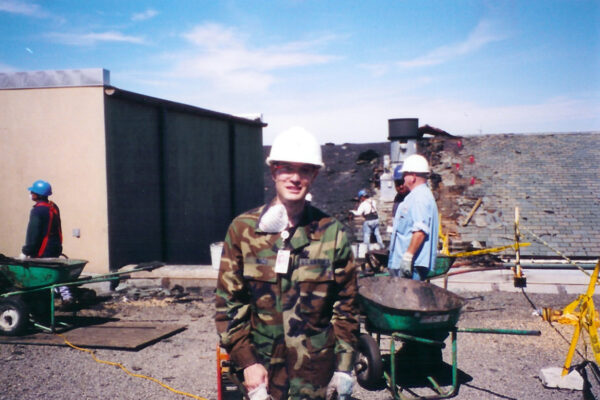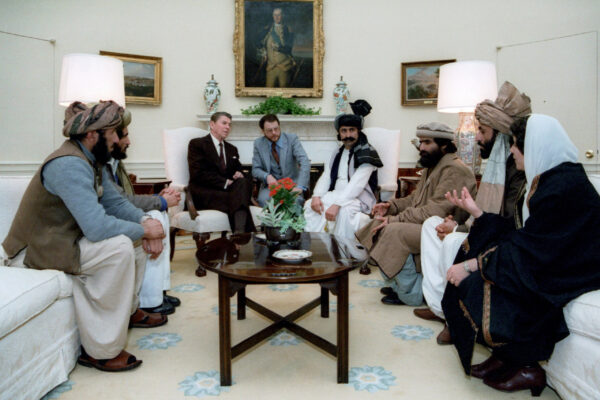In the days and weeks and months and years after the collapse of the World Trade Center, it became a common refrain: “9/11 changed everything.”
Yet the phrase is ripe for historical analysis, said Krister Knapp, teaching professor and minor adviser in history in Arts & Sciences at Washington University in St. Louis.
“On its face, the claim is obviously exaggerated since most things patently did not change,” said Knapp, who teaches courses about conflict and security, including “The Global War on Terrorism.” “However, substantial matters pertaining to U.S. national security did in fact change. The U.S. government entirely remade its national security apparatus and reshaped its mission, in what became known as the global ‘war on terror.’
“Not since President Truman signed into law the National Security Act of 1947, which was designed to meet and contain Soviet aggression in the Cold War, had the national security establishment reinvented itself so thoroughly,” he added.
See also: Twenty years after 9/11, history repeats itself
One important driver of that reinvention was the nation’s faith in technology. “Terrorism became a problem to be solved rather than a situation to be managed. Security came to mean the advent of new weapons, including armed drones and other robotics, to catch and kill bad guys in foreign lands.”
But to protect “the homeland” — “a once unthinkable term that 9/11 sanitized,” Knapp observed — new digital technologies also became ubiquitous parts of daily life.
“Sophisticated cameras, software programs and two-way audio devices were installed with reckless abandon and with little forethought to their future implications for privacy, individual rights or human dignity,” he explained. “Over time, airports, subways, bus terminals, workplaces and streets, our homes, computers, phones and cars — all became the new battlefield of terrorism. Virtually nowhere was technology-free. Nowhere was safe unless the new technology made it secure.
“9/11 did not change everything,” Knapp concluded. “It pervaded everything. On this 20th anniversary, we still have yet to grasp the full implications.”



